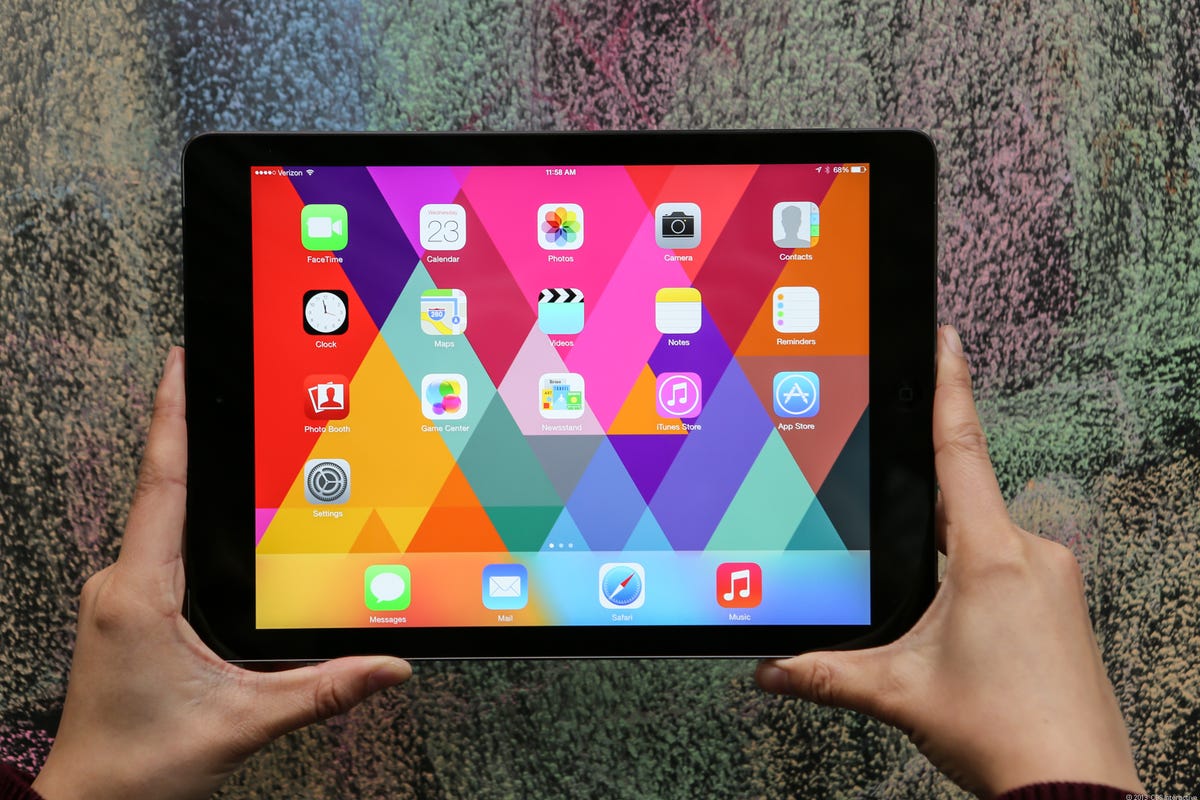
Josh Miller/CNET
Apple is reportedly facing a purchasing ban on certain products for Chinese government use.
The powers-that-be in Beijing have excluded the iPad and MacBook from a list of products that can be bought with public money, Bloomberg said Wednesday, citing “government officials familiar with the matter.” Specifically, the iPad, iPad Mini, MacBook Air, and MacBook Pro were included on a Chinese government procurement list in June but found themselves off the list in July.
The reported reason? Security concerns.
A major ban in China could potentially affect Apple. Including consumer and business purchases, the country accounted for about 16 percent of Apple’s $37.4 billion in overall sales last quarter, according to Bloomberg. Sales of the iPad in China jumped by 51 percent compared with the same quarter last year, while Mac sales rose by 39 percent over the same period.
Apple also worked hard to secure deals with China’s top three mobile carriers to offer the iPhone. The iPhone isn’t listed as one of the banned products for government purchase, though it’s the one that recently triggered some controversy.
In July, a Chinese researcher raised fears that the iPhone could collect personal data from its users and therefore represents a potential national security threat to the country. The iPhone’s Frequent Locations feature, which can track your location, has been cited as an issue by privacy advocates. Apple has denied that it collects any data captured on the phone. But China has expressed suspicion over US technology companies.
Related Stories
- China calls Apple’s iPhone a national security threat
- Apple tells China it doesn’t monitor iPhone users’ locations
- China lashes out at Google, Apple for allegedly stealing state secrets
- Apple loses patent case in China over Siri functions
So who in China would be restricted from buying the iPad and Mac? The procurement list applies to all central Communist Party departments, government ministries, and all local governments, the sources told Bloomberg. The next review to determine who’s in and who’s out on the list won’t occur until January, the sources added.
China has also been tangling with Microsoft recently, alleging that Windows 8 poses a security risk and banning it from government computers. Chinese officials raided Microsoft offices last week and again this week in an investigation of the company over antitrust issues.
“When the government stops the procurement of products, it sends a signal to corporates and semi-government bodies,” Mark Po, a Hong Kong analyst told Bloomberg. “The Chinese government wants to make sure that overseas companies shouldn’t have too much influence in China.”



